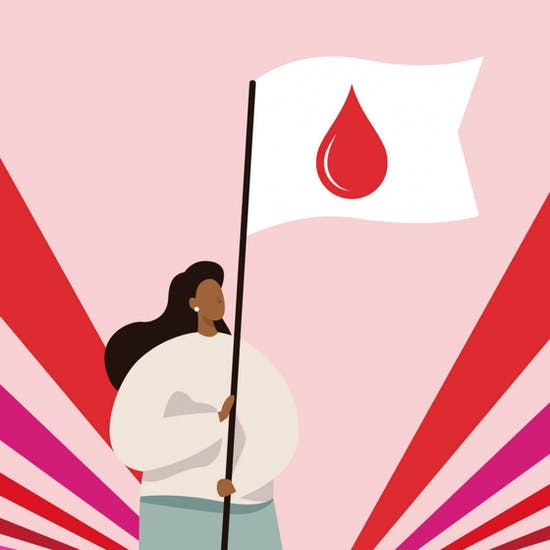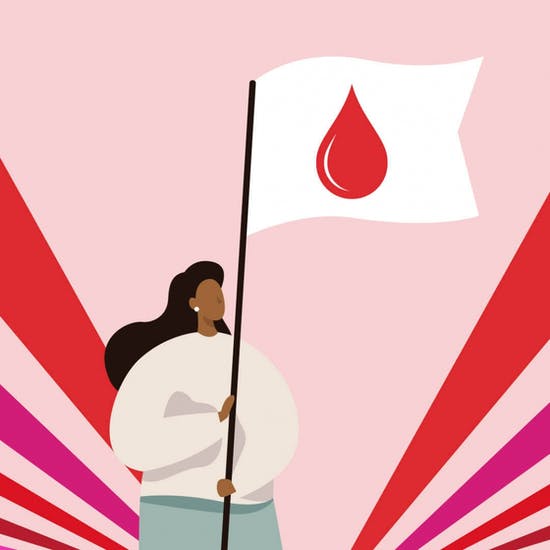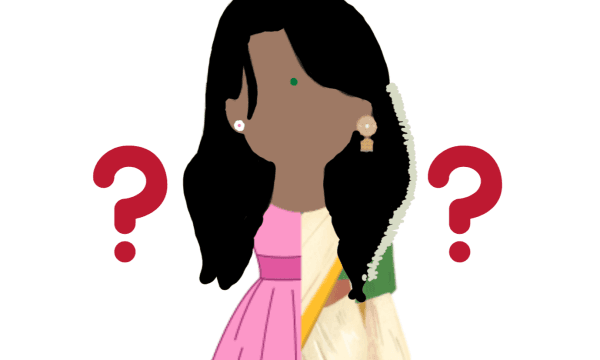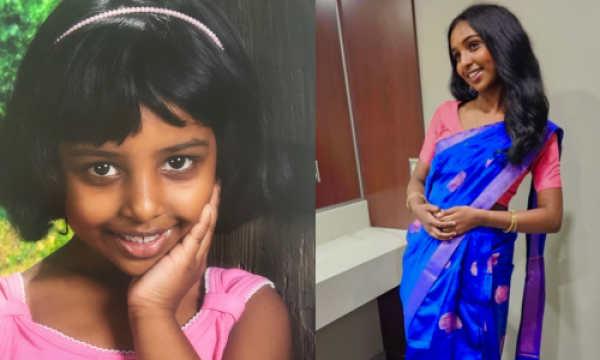
In the UK alone: a developed and highly advanced country, the Metro paper reported in 2019 that “one in four girls or women left in period poverty, unable to afford sanitary products”.
Further, “Period poverty has forced more than a quarter of females to miss work or school” reports the Independent.
These are just two sets of harrowing statistics for the UK. The issue is one that women face globally. If women in the UK, in a developed nation, have such high statistics, what hope lies with women of developing and poverty – stricken nations?
“Menstrual hygiene is a right, not a privilege. Period.”

What is period poverty?
Period poverty is often defined as a global issue affecting women and girls whom do not have access and resources to safe, hygienic sanitary products. Lack of such fundamental necessities for monthly menstruation is mortifying. It can cause girls and women to feel embarrassed and even shame. In some cultures, talking openly about female hygiene and periods are still accessorised as a taboo topic. This, coupled with period poverty, no doubt causes young girls and women to suffer in silence. A right to safe menstruation should not have to be asked for but unequivocally granted.
Global gaps posed by periods
Some troubling statistics Action Aid report globally are:
- Africa – 1 in 10 girls across Africa miss school because they do not have access to sanitary products or there is a lack of safe, private toilets that can be used at school. Kenya alone sees 50% of school age girls unable to access sanitary products.
- India – approximately 12% of its 355 million menstruating women cannot afford period products. In India, many women face a community stigma in which women and girls are sadly shamed and sanctioned for a perfectly normal bodily function. In Nepal, girls and women can even face social sanctions for having a monthly period, known as “chhaupadi”.
The above statistics can be found on Action Aid’s website.
Period problems and sanitary sanctions
As mentioned above, some countries, cultures and traditions carry menstruation taboos. These practices should not have a place in today’s society. In Nepal, the ancient tradition known as “Chhaupadi” continues to be practiced in some rural parts across Nepal. The practice involved banishing girls and women, whilst menstruating, to mud huts or sheds, for their duration of their periods. They can be kept in a separate space for even longer. The reasoning behind such practices is that if menstruating females are left in the common household whilst menstruating, they will bring their families bad luck or ill health.
This of course leaves girls and women at risk of being abandoned in a new area with a sheer lack of access to sanitary products. They are exposed and susceptible to illnesses such as pneumonia; exposed as prey for animal attacks and vulnerable to psychological and physical hardship.
A female should not be shunned because of a natural, bodily function. In Nepal, the practice has now been deemed illegal 2005, however, continues to be practiced in many communities (ibid).
In the United States, it has been reported that nearly half of US women have experienced ‘period shaming’. Forty-two percent of women have experienced period-shaming, with 1 in 5 women feeling victimised by comments passed by male friends (ibid).
In India, reported by the BBC on 16th February 2020, female college students living in a hostel in the state of Gujarat were made to strip and show their underwear to female teachers, to prove that they were not menstruating. 68 young females where pulled out of classrooms; taken to the toilet and individually asked to remove their undergarments for inspection. Apparently, the hostel linked with the college had made complaints that the students were breaking rules “menstruating women are supposed to follow”.
“According to these rules, women are barred from entering the temple and the kitchen and are not allowed to touch other students during their periods. At meal times, they have to sit away from others, they have to clean their own dishes, and in the classroom, they are expected to sit on the last bench.”
The girls reported that the dehumanising experiences of being forced to strip left them “traumatised” and amounted to “mental torture“.
Women in religious traditions practiced in Hinduism are not meant to enter holy Temples during menstruation, as this is labelled as a cultural practice across the globe for Hindus.

There are many accounts as to why the banishing of menstruating females from temples continues to be practiced in today’s era, however the common consensus is that entering a holy place of worship during a bodily act considered as “unclean” is disrespectful for the Gods and Goddesses (ibid). A different account is that women may pass “illnesses” of some sort onto fellow worshippers at the temple (ibid). This suggests that education is required in this area of confusion.
A Hindu temple’s board recently reversed opposition of entry of menstruating women to the Sabarimala Temple, India. This temple, in Southern India, had banned women from the ages of 10 – 50, known as the “menstruating ages” from entering the temple for centuries. It is understood that women who tried to enter the Temple, before the uplift of the ban, were blocked and threatened by protestors and pelted with stones. This ban has been implemented for centuries but has now been lifted as of February 2019. What remains silent is if women can enter the Temple whilst menstruating…
A fundamental breach. Period.
Shaming a female due to her period is a breach of one’s fundamental human rights. A lack of access to clean and safe sanitary products is also a breach of one’s fundamental human rights. Both should not have a place in today’s society. Equality and non – discrimination form the foundation of all human rights law. It is upsetting that cultural traditions and norms pertaining to menstruation embed and entrench perceptions that periods are functions of an unclean nature that women should be shunned for.
The Human Rights Committee, which monitors compliance with the International Covenant on Civil and Political Rights, affirms that governments “should ensure that traditional, historical, religious or cultural attitudes are not used to justify violations of women’s right to equality before the law and to equal enjoyment of all Covenant rights.” (Human Rights Committee, General Comment 28, Equality of rights between men and women (article 3), U.N. Doc. CCPR/C/21/Rev.1/Add.10 para. 5 (2000).)
The United Nations Population Fund explicitly express that “menstruation is not a girls’ or women’s issue – it’s a human rights issue“.
The UNFPA – UNICEF Global Programme to Accelerate an End to Child Marriage, for instance, educate girls about sexual and reproductive health, including menstruation – and that starting menstruation is not indicative for marriage or sex. Young females are empowered to take charge of their bodies and speak out about their health needs, dignity and human rights.
Slowly governments and countries are tackling period poverty also. There are reusable sanitary products, such as “period cups” and “reusable pads” to allow access for all girls and women to menstruate safely and come out of related poverty. Brands such as “Organicup” who provide period cups, regularly run schemes that donate cups to women of developing countries for every cup purchased; donate cups to sex workers and help eradicate global taboos towards periods.
My two cents…
Period poverty is an initiative that I fully am engaged in ending. I actively do my part to donate sanitary products, campaign and encourage the use of reusable sanitary products. Being a south Asian woman, I am also accustomed to yearning for the stigma associated with periods to end. There is nothing shameful about periods and every female deserves the right to exercise her natural, bodily functions, with security of exercising her fundamental human rights.
All citizens should actively promote such taboos, poverty and stigma to end. Religious practices should be updated to accommodate the strong, empowered women today’s world is blossoming.
Periods should be with pride, protection and power – not poverty, punishable and powerless.
Campaign for change. Period.

This article is written with information correct as at 6th June 2020

























